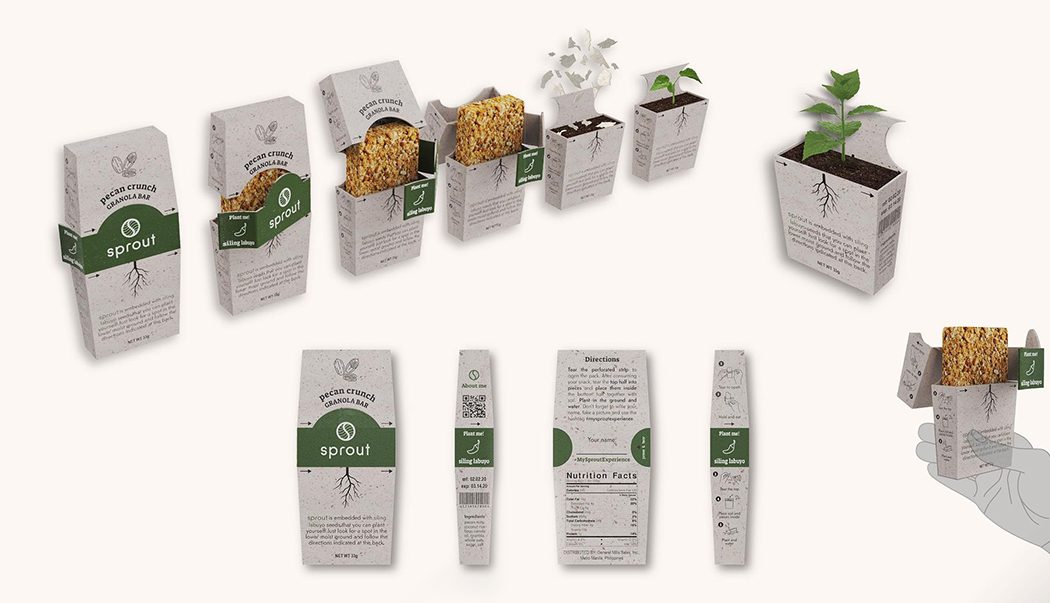
Single-use plastic continues to be one of the largest culprits in ocean pollution, just behind food and beauty products. Both industries make up an extra 50% of the world’s plastic waste problem. The Beauty and food industries are under pressure to create and use more sustainable packaging.
However, improvements in sustainable packaging have been made globally, promoting both healthy food and lifestyle with sustainable living. Supermarkets are offering reusable glass bottles in exchange for plastic packaging. Staples such as rice, beans, pasta, herbs and other dried items are sold in reusable containers.
In Thailand, they have combined cultural heritage with green packing by using banana leaves to package vegetables. At Qra, a new supermarket in Kuala Lumpur, focusing on healthy foods and lifestyle, they have also adopted the same. Consumers can choose to make a conscious decision and purchase green products. The banana leaves may be used in cooking, using it as a wrap to bake meat or vegetables, whilst at the same time enjoying the fragrant aromatics wafting out of the banana leaves.
Enter Sprout’ into the market. The innovative packaging design is an environmentally-pleasant packaging that aims to make a literally greener planet. The design packs in seeds that encourage you to grow native plants.
Single-use plastic packaging continues to be a problem on a global scale, ‘Sprout’ packaging designed by Pat Mangulabnan offers a solution. The packaging is envisioned for a granola bar constructed using pineapple leaves to make it 100% biodegradable. The ‘Pinyapel’ material is embedded with seeds that encourage buyers to plant the packaging after use. You can grow plants inside of the unit before transferring them into the ground.
The ‘Sprout’ packaging is printed with organic soy ink to further enhance its eco-friendly nature. It is paired with an edible starch wrapper offering added protection to the granola during transport and delivery.
Pinyapel is a paper product made from discarded pineapple leaves. The end result of an initiative led by the aid of the Design Centre of the Philippines to provide a solution to the country’s agricultural waste problem.
The Philippines is considered to be among one the biggest manufacturers of pineapple fruit in the world. Sprout’s innovative packaging will assist in recycling useless waste and inspire locals to actively make a contribution to the environment.
Pinyapel paper is available for companies to make the conscious decision to adopt sustainability into their product packaging. Sprout’s plantable feature ensures that its life does not end right after consumption; its purpose continuously changes before, during, and after use – it’s where circular economy meets sustainable design.






